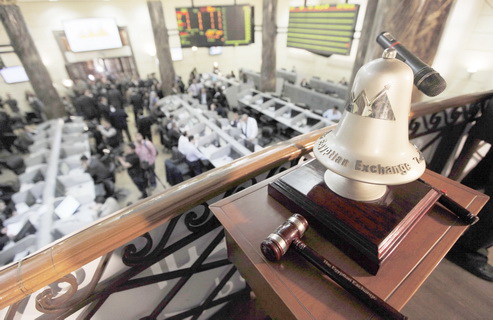Minister of Planning and Economic Development Hala El-Said said that 689 projects have been completed in the housing sector across Egypt. This has come at a total investment cost estimated at EGP 72.6bn, of which 310 projects during fiscal year (FY) 2019/20 cost EGP 24.3bn.
It comes as part of the Ministry of Planning and Economic Development’s report on the housing sector during fiscal years (FYs) 2018/19 and 2019/20.
The minister also said that the share received by Upper Egypt and the border governorates amounted to about 31% of the total projects implemented, at a total cost of EGP 21.8bn.
She noted that 158 projects in Upper Egypt have been completed, at a total cost of EGP 16.8bn, in addition to the completion of 58 projects in the border governorates at a cost of EGP 5bn.
The Ministry of Planning and Economic Development report reviewed the projects completed during the past two years, including the Farafra/Dayrut corridor, and which extends for 310km in the Assiut and New Valley Governorates.
The review also looked at: the Al-Bagour water station in Menoufiya Governorate; the western Asyut plateau axis with a length of 22.6km; the Dabaa water desalination plant and its networks in Matrouh Governorate; and the Asmarat Project 3. This is along with: Mahrousa 1 and 2 in Cairo Governorate; the Abu Qurqas water station in Minya Governorate; the Hurghada treatment plant in the Red Sea; and Zagazig sewage expansions in Sharqeya Governorate.
On the geographical distribution of the completed projects during the past two years, the report indicated that Cairo had the costliest projects, with a value of EGP 14.8bn for 104 projects.
It was followed by: Giza with a value of EGP 10.7bn for 44 projects; Assiut governorate, with a value of EGP 6.2bn for 26 projects; Qaliubiya Governorate with EGP 5.8bn for 48 projects; Sharqeya governorate with EGP 5.4bn for 37 projects; Menoufia Governorate with a value of EGP 2.9bn for 49 projects.
About the developmental impact of fully implemented projects in the housing sector, the report indicated that the construction of 423,600 housing units has been completed during the past two years. Of this number, 172,800 social housing units covering 586,000 citizens benefited from the development of informal and unsafe areas, and the establishment of 144,600 housing units in unsafe and unplanned areas
The report added that the capacity of drinking water projects reached 1.44m m3/day, with a length of 830.2km of networks. A total of 8.1 million citizens benefited from this. The capacity of sanitation projects stands at about 970,000 m3/day, with a network length of 983.7km, of which 9.7 million citizens benefited.
This comes in addition to the completion of 179 villages sanitation projects, implemented along a length of 1,400km.
The total capacity of the developed bilateral and triple treatment plants that flow into the Nile River reached about 1.88m m3/day, benefiting 18.8 million citizens in the governorates of Assiut, Aswan, Fayoum, Minya, Beni Suef, Sohag, and Luxor.
On the development of existing urban cities, the report indicated that 1,600km of roads were paved, 1,500km of drinking water networks created, along with 1,600km of sewage networks laid.
This was in addition to 1,900km of water networks and 1,100km of drainage networks in fourth-generation cities.



